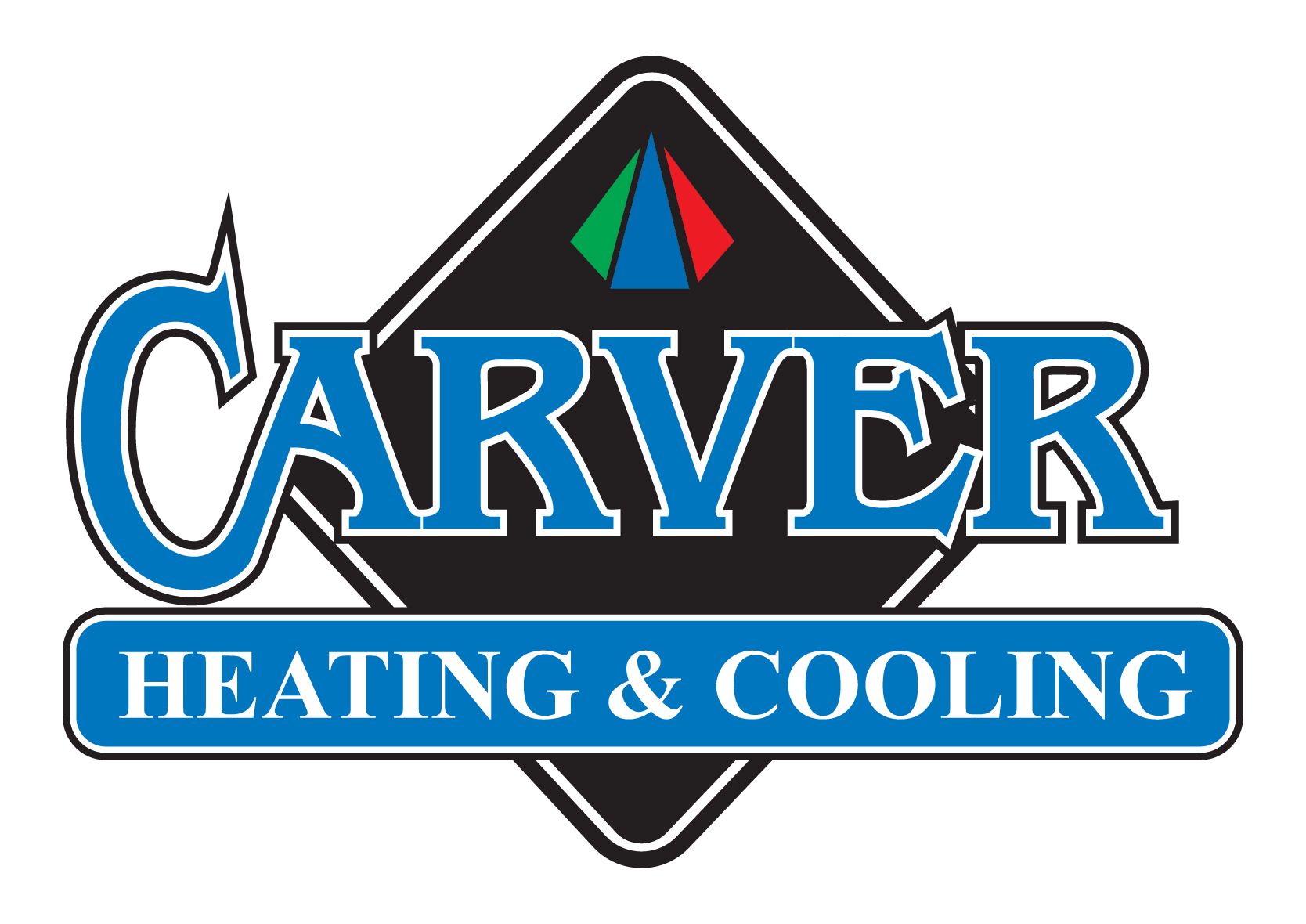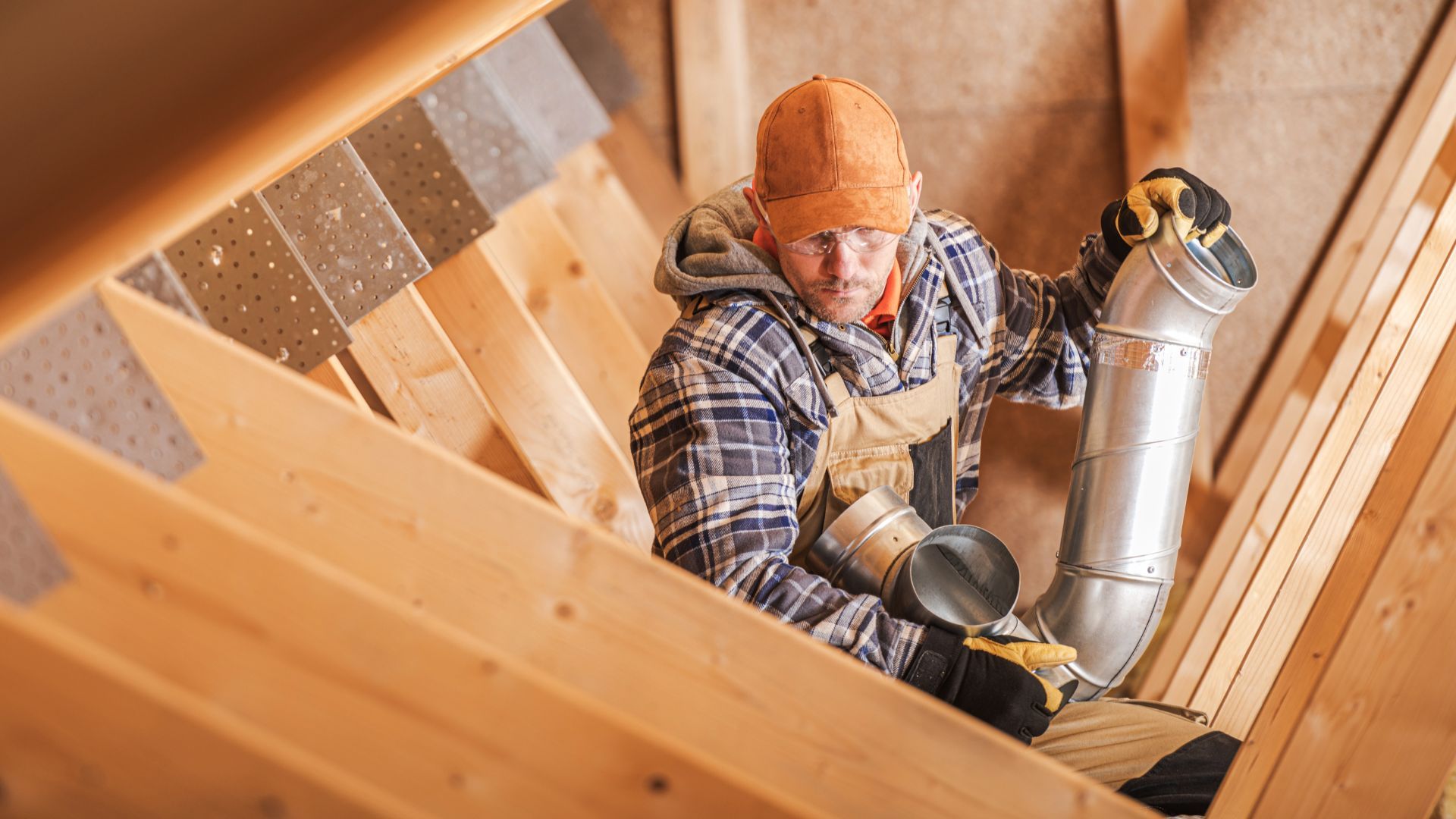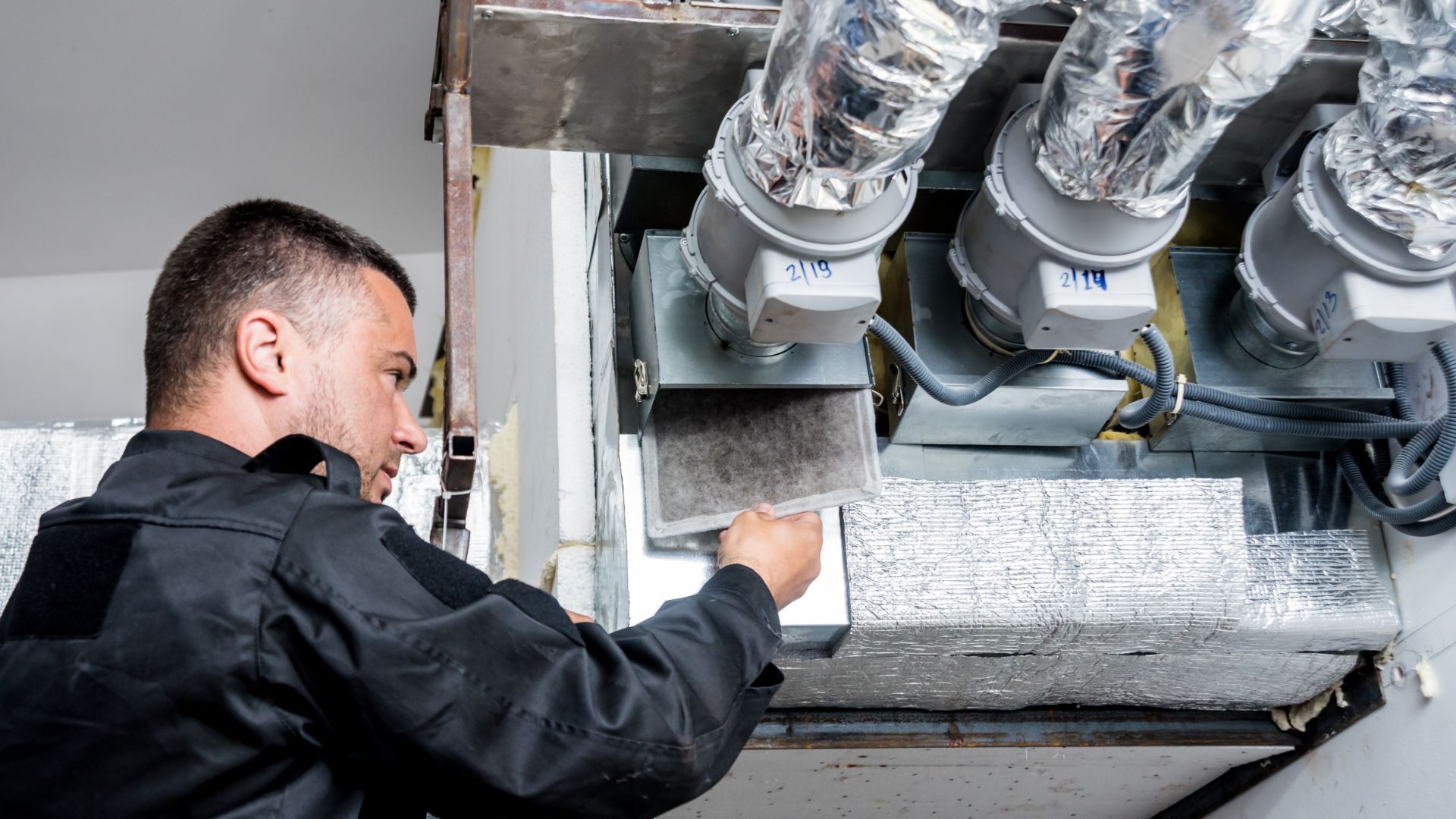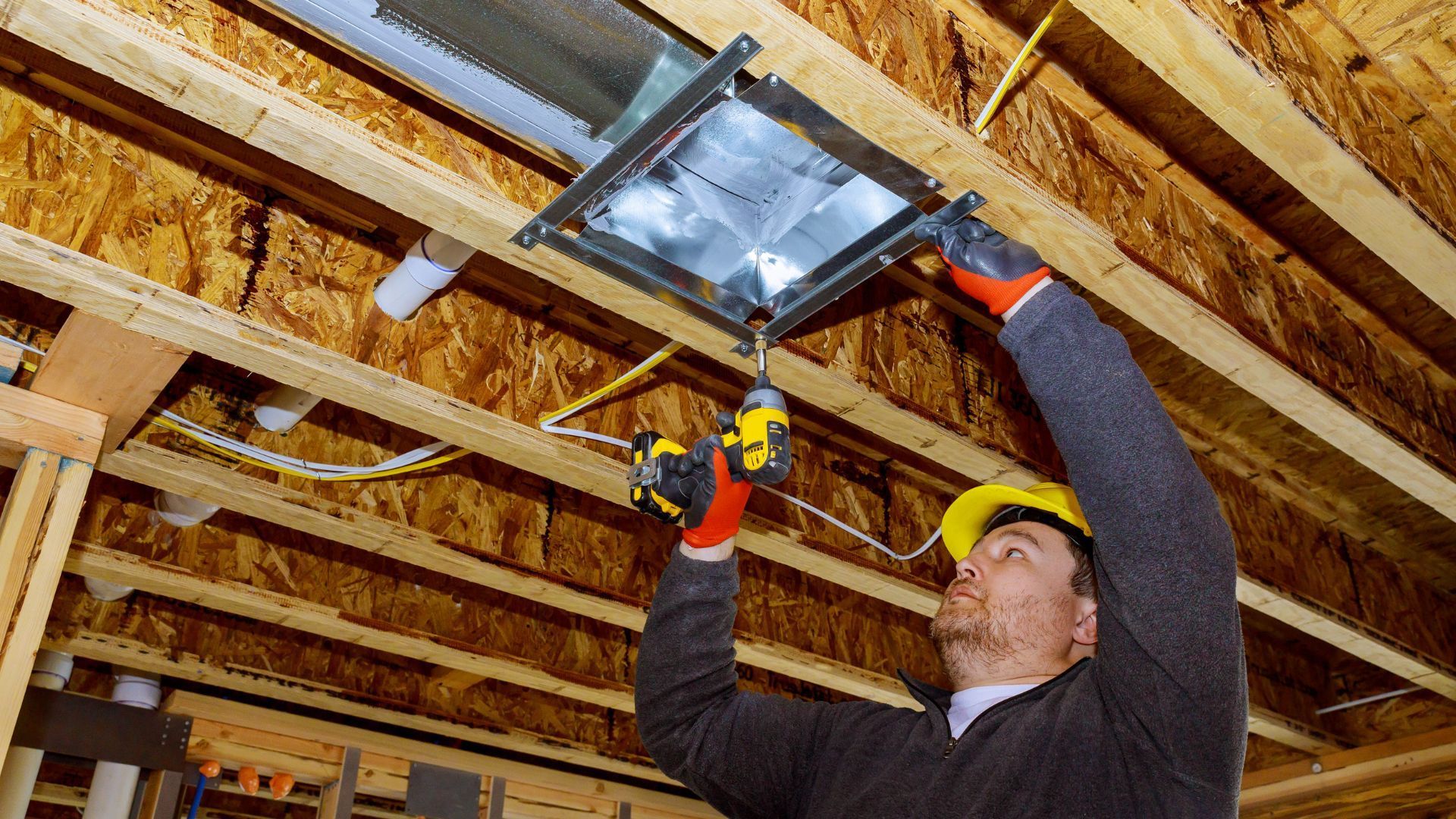Mobile Home Furnaces: Your Comprehensive Guide
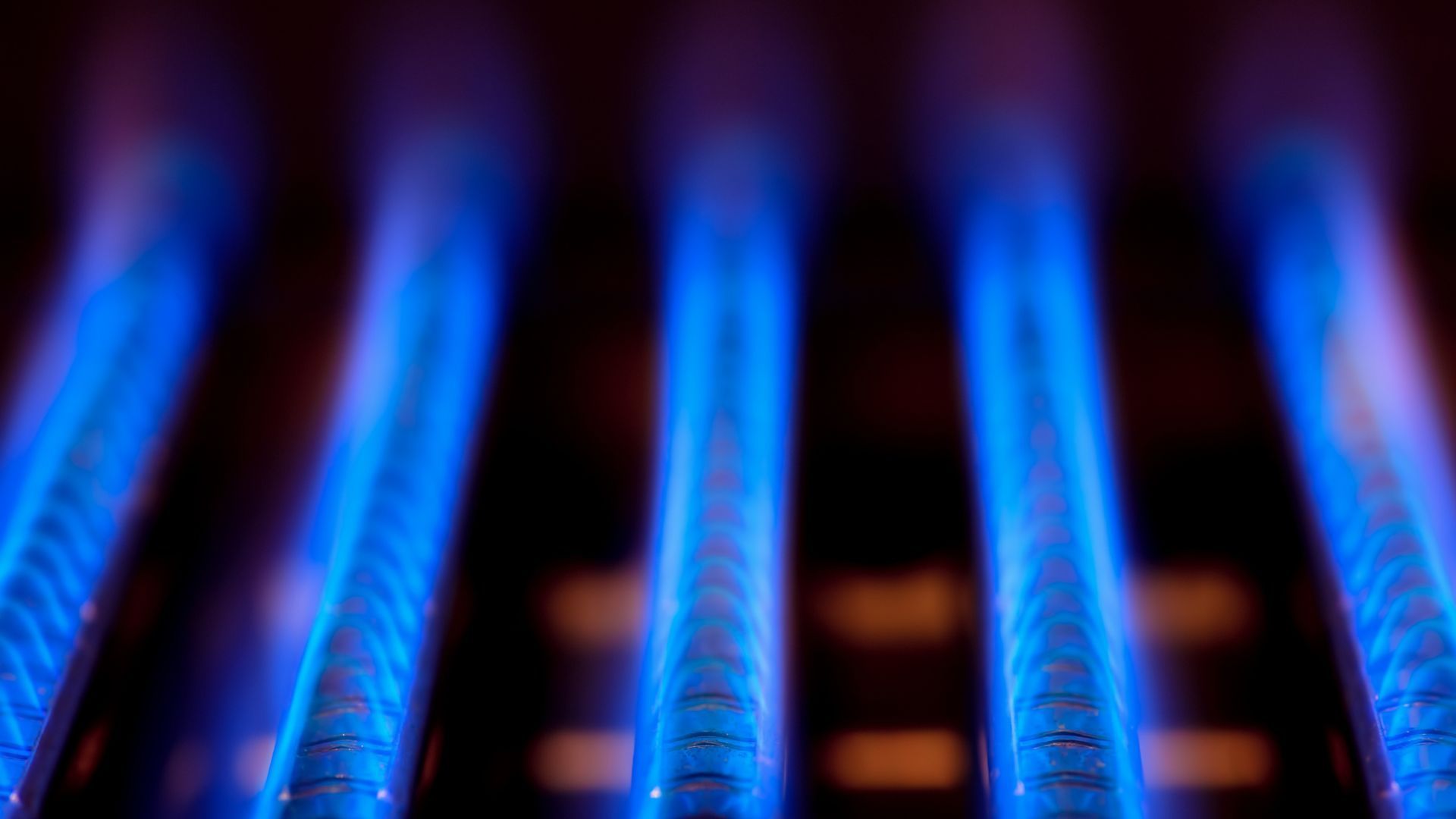
Are you in the market for a mobile home furnace? Whether you're a mobile homeowner or a potential buyer, understanding the ins and outs of mobile home furnaces is crucial. In this detailed guide, we will cover everything you need to know about mobile home furnaces, from their types and installation to maintenance and energy efficiency. So, let's dive into the world of mobile home heating and keep your home cozy and warm.
What Are Mobile Home Furnaces?
Mobile home furnaces are specially designed heating systems that cater to the unique needs of manufactured or mobile homes. Unlike traditional houses, mobile homes have different requirements due to their size, insulation, and structure. Mobile home furnaces are engineered to provide efficient heating while taking these factors into account.
Types of Mobile Home Furnaces
When it comes to mobile home furnaces, you have several options to choose from, depending on your specific needs and preferences.
- Gas Furnaces
Gas furnaces are a popular choice for mobile homes. They are known for their high efficiency and quick heating capabilities. These furnaces use natural gas or propane as a fuel source and are energy-efficient, which can save you money on your heating bills in the long run.
- Electric Furnaces
Electric furnaces are another viable option for mobile homes. They are known for their ease of installation and lower upfront costs compared to gas furnaces. However, they may be less energy-efficient, leading to higher operating costs.
- Oil Furnaces
Oil furnaces are less common in mobile homes but can still be a suitable choice. They use heating oil to produce warmth. While they are efficient, you should consider the availability and cost of heating oil in your area before opting for this type of furnace.
- Propane Furnaces
Propane furnaces are a versatile choice for mobile homes, especially in areas where natural gas is not readily available. They are known for their clean-burning characteristics and cost-effectiveness.
Mobile Home Furnace Installation
Installing a mobile home furnace requires careful consideration of various factors to ensure optimal performance and safety. Here are some key installation aspects to keep in mind:
- Proper Sizing
Choosing the right-sized furnace is crucial. An undersized furnace will struggle to heat your home, while an oversized one will lead to energy wastage. Consult with a professional HVAC technician to determine the appropriate furnace size for your mobile home.
- Ventilation and Ductwork
Ensure that your mobile home's ventilation and ductwork are in good condition. Properly functioning ducts are essential for distributing heated air evenly throughout your home.
- Compliance with Codes and Regulations
Mobile home furnace installation must adhere to local building codes and safety regulations. Hiring a licensed HVAC contractor will help you navigate these requirements.
Mobile Home Furnace Maintenance
Maintaining your mobile home furnace is essential to ensure its longevity and efficient operation. Here are some maintenance tips:
- Regular Filter Replacement
Replace the furnace filter regularly to ensure proper airflow and maintain indoor air quality.
- Annual Inspections
Schedule annual inspections with a professional technician to identify and address any potential issues.
- Clean the Vents and Ducts
Keep vents and ducts clean to prevent blockages and maintain efficient heat distribution.
- Thermostat Calibration
Calibrate your thermostat to ensure accurate temperature control and energy efficiency.
Energy Efficiency and Mobile Home Furnaces
In today's environmentally conscious world, energy efficiency is a top priority for many homeowners. Mobile home furnaces have come a long way in terms of energy efficiency. Here's how you can ensure your furnace operates efficiently:
- Invest in a High-Efficiency Furnace
Consider upgrading to a high-efficiency furnace with an ENERGY STAR® rating to reduce energy consumption and lower your utility bills.
- Proper Insulation
Ensure your mobile home is adequately insulated to prevent heat loss, making your furnace work harder.
- Regular Maintenance
Regular maintenance, as mentioned earlier, plays a significant role in keeping your furnace running efficiently.
FAQs
Q: Can I install a traditional furnace in a mobile home?
While it's technically possible to install a traditional furnace in a mobile home, it's not recommended. Mobile home furnaces are specifically designed to meet the unique requirements of manufactured homes, and using a standard furnace may result in inefficient heating and safety issues.
Q: What is the average lifespan of a mobile home furnace?
The lifespan of a mobile home furnace can vary depending on factors like maintenance, usage, and the quality of the furnace itself. On average, a well-maintained furnace can last 15 to 20 years.
Q: How do I know if my furnace needs repair?
Common signs that your mobile home furnace needs repair include uneven heating, strange noises, increased energy bills, and frequent cycling on and off. If you notice any of these issues, it's best to call a professional technician for an inspection.
Q: Can I replace my mobile home furnace myself?
Replacing a mobile home furnace is a complex task that requires expertise and knowledge of HVAC systems. It's strongly recommended to hire a licensed HVAC technician for such installations to ensure safety and proper functioning.
Q: Are there any rebates or incentives for energy-efficient mobile home furnaces?
Yes, some utility companies and government programs offer rebates or incentives for upgrading to energy-efficient mobile home furnaces. Check with your local utility provider or government agencies for available programs in your area.
Q: How can I improve the overall energy efficiency of my mobile home?
To enhance energy efficiency in your mobile home, consider sealing gaps and cracks, adding insulation, upgrading windows and doors, and investing in energy-efficient appliances in addition to choosing an efficient furnace.
Conclusion
Mobile home furnaces are an integral part of keeping your manufactured home warm and comfortable. By understanding the different types, proper installation, maintenance, and energy efficiency considerations, you can make informed decisions about your heating system. Remember, a well-maintained and efficient furnace not only keeps you warm but also saves you money in the long run.
Whether you're a mobile homeowner or planning to become one, prioritize the importance of a reliable mobile home furnace. With the right knowledge and a professional approach, you can ensure a cozy and energy-efficient living space for years to come.
Want to know more about mobile home furnaces? Contact us now and get valuable insights about this technology and have the right choice for you.

